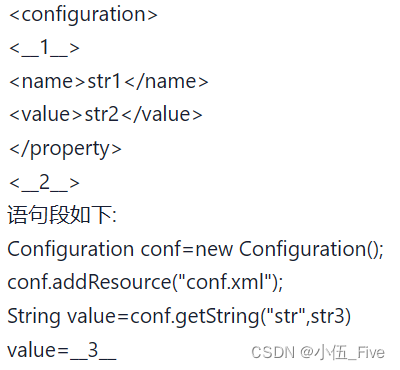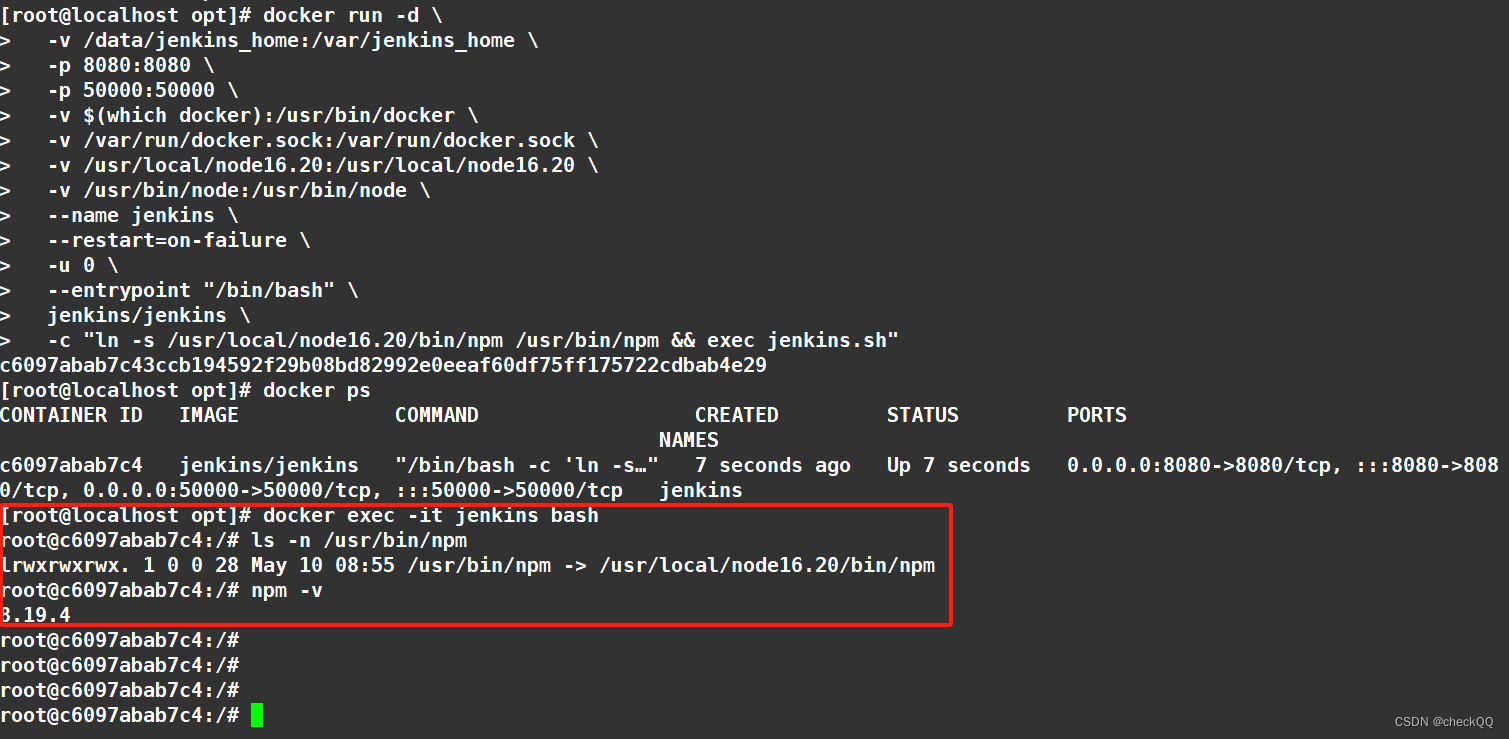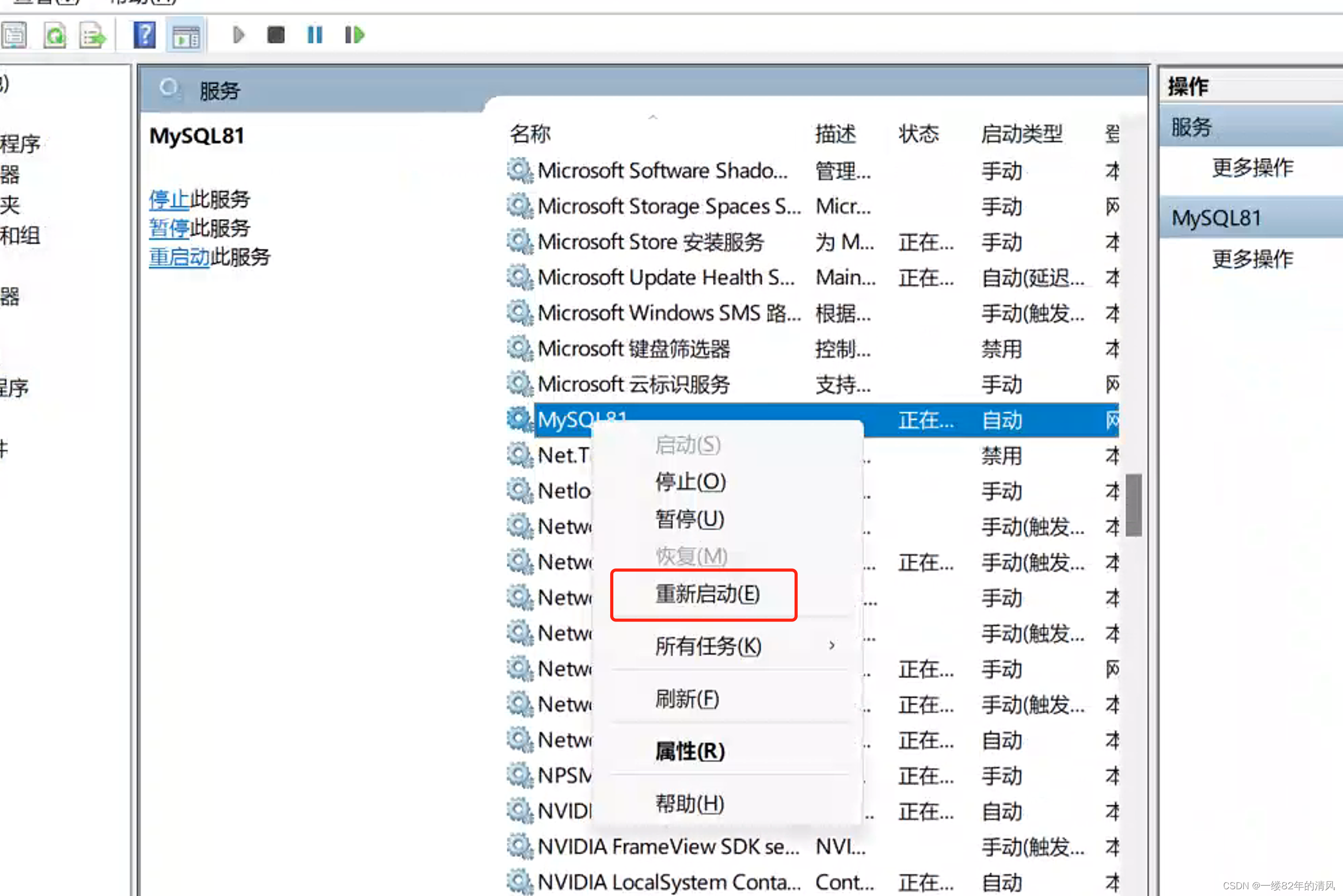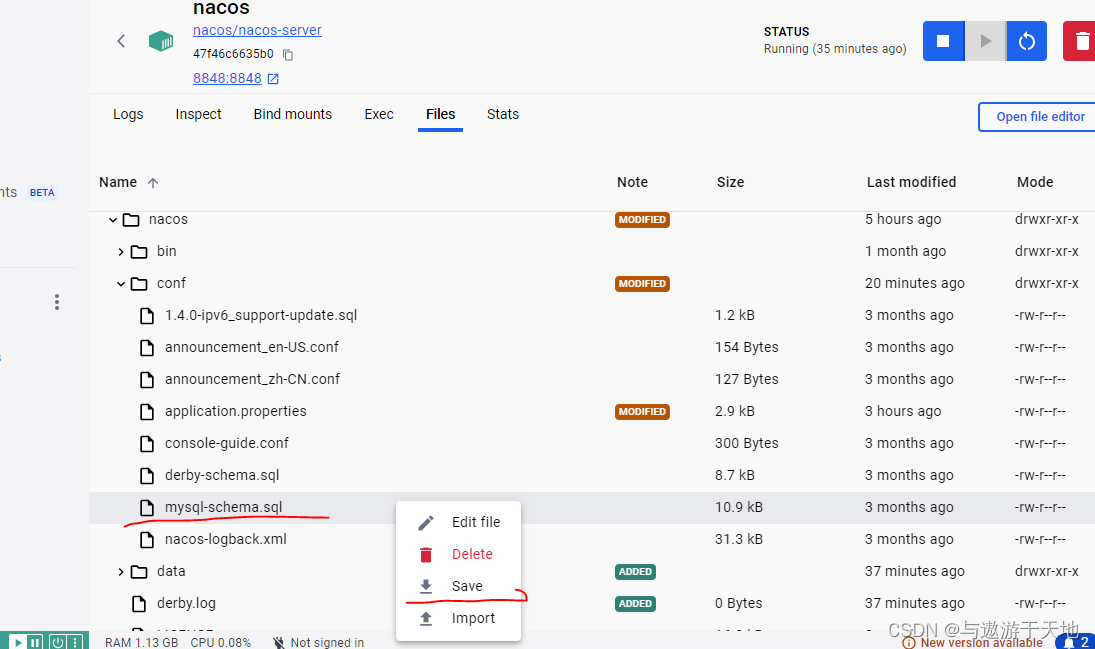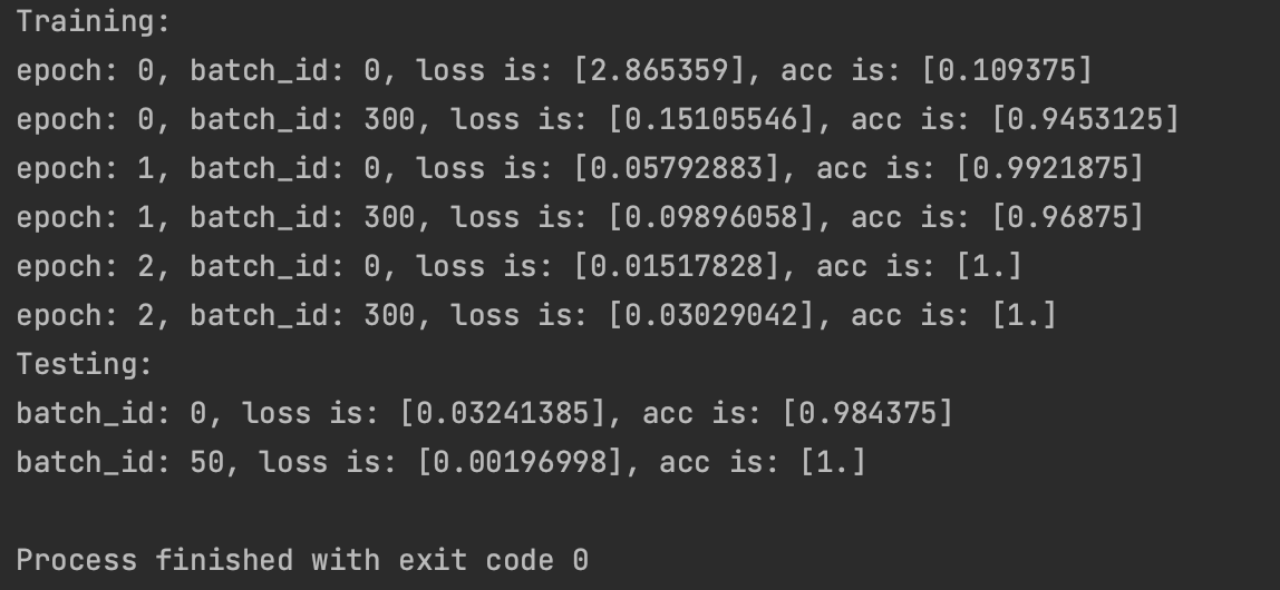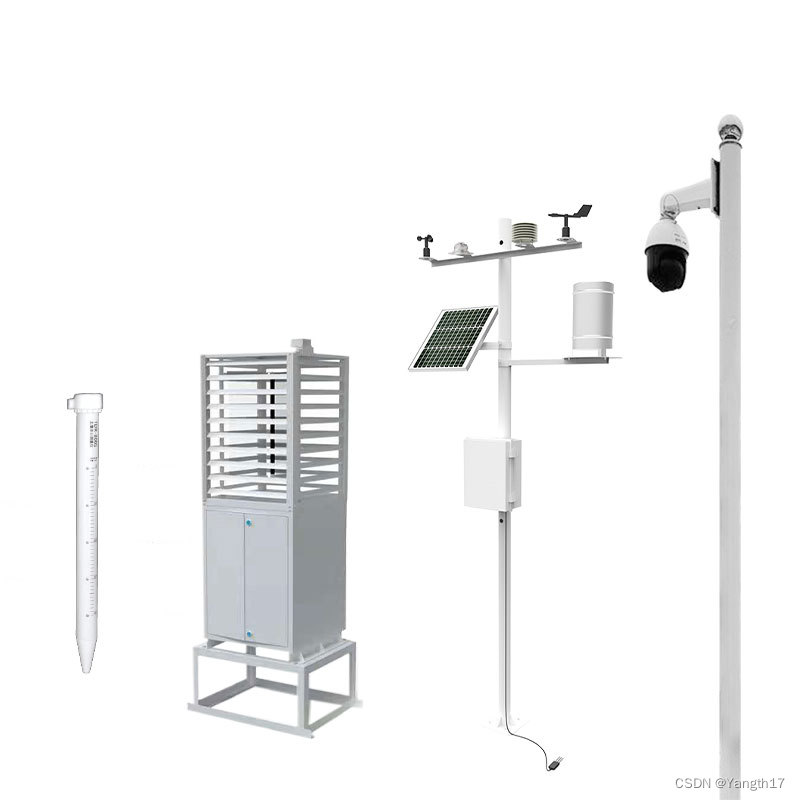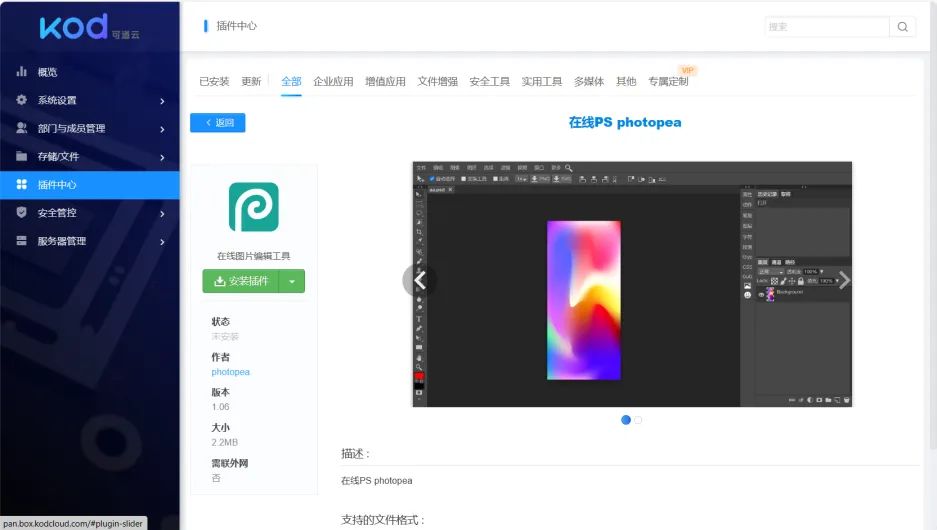#include <iostream>
#include <thread>
#include <future>
void calculateResult(std::promise<int>& promiseObj) {
// 模拟耗时计算
std::this_thread::sleep_for(std::chrono::seconds(2));
// 设置结果到 promise 中
promiseObj.set_value(42);
}
int main() {
// 创建一个 promise 对象
std::promise<int> promiseObj;
// 获取与 promise 关联的 future
std::future<int> futureObj = promiseObj.get_future();
// 启动一个新的线程执行计算
std::thread workerThread(calculateResult, std::ref(promiseObj));
// 在主线程中等待任务完成,并获取结果
int result = futureObj.get();
std::cout << "Result: " << result << std::endl;
// 等待工作线程结束
workerThread.join();
return 0;
}
使用future和promise可以获取到线程执行函数的结果,类似C#实现
#include <iostream>
#include <thread>
#include <future>
#include <vector>
#include <functional>
#include <queue>
class ThreadPool {
public:
explicit ThreadPool(size_t numThreads) : stop(false) {
for (size_t i = 0; i < numThreads; ++i) {
threads.emplace_back([this] {
while (true) {
std::function<void()> task;
{
std::unique_lock<std::mutex> lock(mutex);
condition.wait(lock, [this] { return stop || !tasks.empty(); });
if (stop && tasks.empty()) {
return;
}
task = std::move(tasks.front());
tasks.pop();
}
task();
}
});
}
}
~ThreadPool() {
{
std::unique_lock<std::mutex> lock(mutex);
stop = true;
}
condition.notify_all();
for (std::thread& thread : threads) {
thread.join();
}
}
template <class F, class... Args>
auto enqueue(F&& f, Args&&... args) -> std::future<typename std::result_of<F(Args...)>::type> {
using return_type = typename std::result_of<F(Args...)>::type;
auto task = std::make_shared<std::packaged_task<return_type()>>(
std::bind(std::forward<F>(f), std::forward<Args>(args)...)
);
std::future<return_type> result = task->get_future();
{
std::unique_lock<std::mutex> lock(mutex);
if (stop) {
throw std::runtime_error("enqueue on stopped ThreadPool");
}
tasks.emplace([task]() { (*task)(); });
}
condition.notify_one();
return result;
}
private:
std::vector<std::thread> threads;
std::queue<std::function<void()>> tasks;
std::mutex mutex;
std::condition_variable condition;
bool stop;
};
int calculateResult() {
// 模拟耗时计算
std::this_thread::sleep_for(std::chrono::seconds(2));
return 42;
}
int main() {
ThreadPool pool(4);
std::future<int> futureObj = pool.enqueue(calculateResult);
int result = futureObj.get();
std::cout << "Result: " << result << std::endl;
return 0;
}
在线程池中获取线程执行函数的返回值时,通常使用 std::future 而不是 std::promise 来传递返回值。这是因为线程池内部已经管理了任务的执行和结果的传递,你只需要将任务提交给线程池,并使用 std::future 来获取结果。
线程池内部一般会使用一个任务队列来存储待执行的任务,并使用一个线程池管理器来调度任务的执行。当你向线程池提交任务时,线程池会选择一个空闲的线程来执行任务,并将结果存储在与任务关联的 std::future 对象中。


